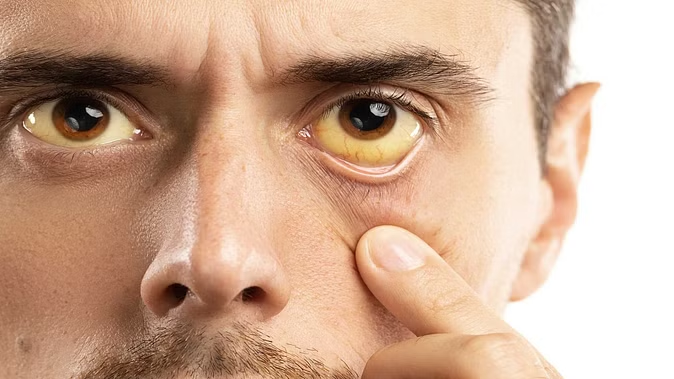The risk of liver-related diseases is also being seen in younger people. Hepatitis is one such infectious disease of the liver. The hepatitis problem, usually caused by viral infection, causes inflammation in the liver. It can also be caused by many other reasons such as autoimmune diseases, in which case your body starts damaging the healthy tissues of the liver.

Hepatitis is mainly of five types - hepatitis A, B, C, D, and E. A different virus is responsible for each type of viral hepatitis. In some cases, hepatitis can also lead to liver damage, liver failure, cirrhosis, liver cancer, or death. The World Health Organization (WHO) estimates that currently more than 354 million (35.4 crores) people worldwide may be suffering from chronic hepatitis B and C.
World Hepatitis Day is celebrated every year on 28 July with the aim of raising global awareness about hepatitis and educating people about the prevention of this disease. Let's know about this disease.
Problem of Hepatitis
Cases of hepatitis A, B, and C have been reported the most.
Hepatitis A - caused by infection with the hepatitis A virus (HAV). This infection occurs due to contaminated food or water.
Hepatitis B virus (HBV) is considered responsible for the problem of hepatitis B. Hepatitis B infection is usually short-lived.
Similarly, hepatitis C infection is caused by hepatitis C virus (HCV). This can happen due to contact with body fluids such as blood or semen.
How to know if you are also infected
Health experts say that in chronic hepatitis like hepatitis B and C infection, symptoms do not appear in you until it severely affects the liver. On the other hand, in the case of acute hepatitis, symptoms can appear immediately after infection.
Usually, hepatitis can cause fatigue, flu-like symptoms, dark urine, pale stools, abdominal pain, loss of appetite, and unexplained weight loss. Liver problems often lead to yellowing of the skin and eyes (jaundice).
What is the treatment for hepatitis?

Treatment options may vary depending on the type of hepatitis and the stage of infection. Hepatitis A may not usually require treatment. If you experience vomiting or diarrhea, your doctor recommends maintaining hydration and nutrition.
There is also no specific treatment for acute hepatitis B. Some people may need antiviral treatment. Similarly, antiviral drugs are also used in hepatitis C.
How to avoid hepatitis infection?
Vaccines are available that can help prevent hepatitis viruses. Vaccination for hepatitis A and B is considered essential. Health experts recommend all newborns to be vaccinated against hepatitis B. Usually, three vaccines are given in the first 6 months of childhood. Vaccination against hepatitis B can also prevent hepatitis D.
The most effective way to avoid hepatitis is to practice hygiene. Only clean water and clean food should be consumed. Hepatitis B, C and D viruses also spread due to the bodily fluids of an infected person, these should also be prevented.
(PC: ISTOCK)










